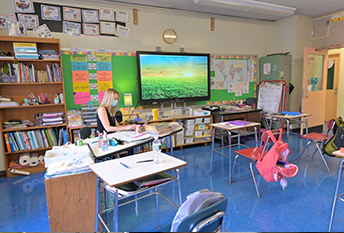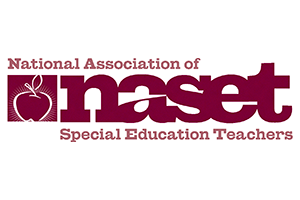 Collecting data in virtual teaching practice carries with it an entire multitude of issues as it is a challenging job. Likewise, the virtual teaching may not be every single teacher’s idyllic technique of instruction. If we talk about special needs education, data collection is a 21st-century special education teacher’s life.
Collecting data in virtual teaching practice carries with it an entire multitude of issues as it is a challenging job. Likewise, the virtual teaching may not be every single teacher’s idyllic technique of instruction. If we talk about special needs education, data collection is a 21st-century special education teacher’s life.
In this manner, to make life simpler, digital data collection forms let educators as well as learners enter data into forms on phones, tablets, laptops, etc. They may make your job simpler and provide you with more peace of mind. Furthermore, these computerized data collection forms are saving your time and these are appropriate to your learner’s needs. It also works effortlessly along with your IEP program goals and objectives with 100% editing facility.
The digital data tracking with Google forms is being intended for the demanding 21st-Century special educators! Google forms are an effective way to gather, collaborate, and analyse the data that matters most.
So where should you get started?
Here Are Some Discrete Data Collection Forms:
- On Task/Off Task Tracking
- Behaviour: Duration Recording
- Behaviour: Intensity Tracking
- Interval Recording: 15 seconds
- Interval Recording: 30 seconds
- Interval Recording: 60 seconds
- ABC Recording
- Indirect Consultations
- Communication Log
- Family IEP Meeting Input
- General Ed IEP Meeting Input
- IEP Objectives Data Tracking
- IEP Objective Progress
- IEP Goal Tracking
- Student Progress on IEP Goals
- IEP Progress Monthly Summary
- Annual Goal Tracking Summary
- Progress Monitoring Quarterly
- Task Analysis: 5 Trials
- Task Analysis: 10 Trials
- Inclusion Services
- Participation Rubric
- Incident Reports
The data from Google forms is collected in a Google Spreadsheet, which allows for further analysis.
Now, What To Embrace On Your Digital Data Collecting Forms?
Here are some of the important aspects that a special educator needs to include in his/her digital form:
- General IEP folder
- Request for Support
- Learner’s Parent Questionnaires
- Student Surveys and Assessments
- Meeting Proceedings
- Reflection Forms and Individual Reports
- IEP Meeting Dates Tracing
- Evolution, Profession Choices, and Occupational Assessment
- Accommodations / Alterations
- Behaviour, ABC Charts
- Over-all Goal Tracking
- Enclosure
- Task Analysis and Multi-Step Responsibilities
- Reading / ELA (general + elementary skills)
- Math (basic skills)
- Trials / Mass Trials
- Encouragement
- Regularity + Length
- Toileting + Lifetime Skills
We are sure there are many more, however, these are the major ones! Before getting started, it’s significant to contemplate about what information you want to get out of your form.This will aid you to choose the accurate categories of questions for your forms.
Indeed, the distance education or e-learning may not be a contemporary incidence for you and your students…but for the special needs learners, it is not an easy task. Accumulating and analysing a student’s exertion are an integral part of how schools report and track performance.When teachers use data to drive their pronouncements and strategies, they are able to retort to glitches more effectively, construct new teaching methods, and advance skill sets faster with special needs education course.
Many people as well as teaching professionals are not contented with tracking development in training over time. Also, doing it in an effective way is time-consuming and involves advanced analytical skills. Therefore, different kinds of digital data collection forms are in popular demand nowadays, especially in special education.











